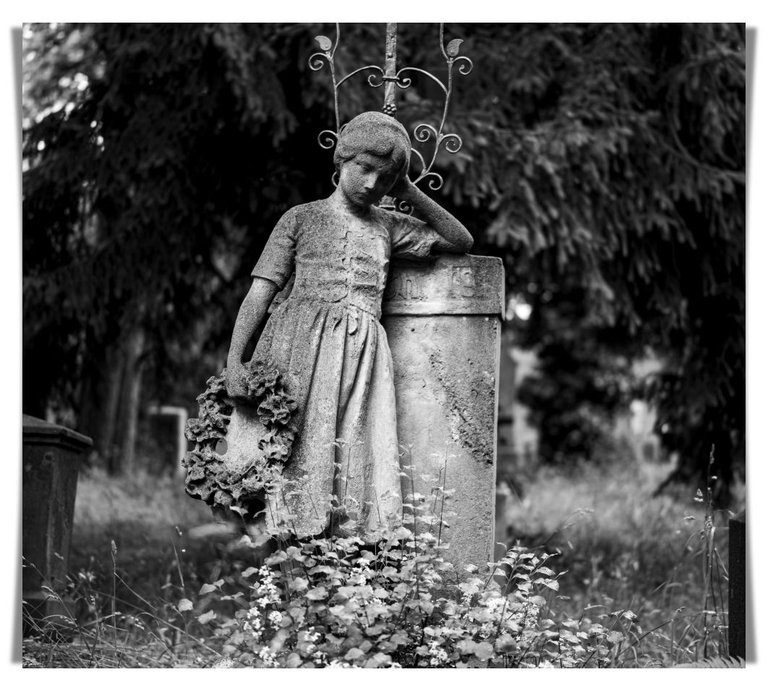
Image source: Unsplash
It's the time of year when reflections come easily, albeit not necessarily with comfort. The end of the year carries the weight of what has been accomplished as well as what needs to be done. For many, it is a season of reckoning, a time to reflect on accomplishments and chart new aspirations. However, the end of another year reminds me of something deeper, something inescapable: the impermanence of it all.
When I was younger, I hardly thought about mortality. I believed death was a distant event, something that happened only to the elderly and far into the future when I would already be very old. But I was wrong. As I age, I increasingly understand that life is fleeting and can be abruptly taken away. Death does not discriminate; it claims lives regardless of age, status, ethnicity, or health condition.
In ancient Stoic philosophy, memento mori was a regular habit of reflection, a peaceful acceptance of mortality. Remembering that we will die is not a morbid fixation but rather a call to live fully. The thought sharpens priorities, removes pretense, and defines what truly matters. Recently, life has reminded me of this truth.
I received news of an ex-schoolmate who is currently confined to a hospital bed. A spinal cord problem, a possible brain tumor, and other issues have rendered him blind and unable to stand. Morphine reduces his discomfort, and sleep is his constant companion. Around the same time, I learned of the death of an artist whose work I respected; a sudden heart attack took her life. Her death reminded me of my father, who died of a heart attack 24 years ago. These unexpected and unpleasant events serve as reminders that life is fragile and that we are all living on borrowed time.
It can be challenging to write about mortality. Words seem inadequate, insufficient, to describe the enormity of such realities. Nonetheless, writing requires courage. It's a method to confront our fears and give shape to what feels uncontrollable. Writing helps me heal, not because it provides solutions, but because it allows me to carry my sadness, fear, and hope at the same time.
Memento mori encourages us to see life as it is: fragile, transient, and profoundly meaningful. It reminds me to appreciate the tiny things - my children's laughter, the comfort of a familiar voice, the calm beauty of rain on a window. The pursuit of milestones, measuring life by spectacular accomplishments, can be tempting. However, the practice of pondering mortality brings me back to the present moment, to the modest, irreplaceable delights that make up life.
Time has a way of distilling what truly matters. As I reflect on my schoolmate and the artist, I wonder about the artist's final thoughts and the things she treasured in her last days. I wonder if she, too, found comfort in the small things. Perhaps she recalled a childhood memory, a favorite song, or the way the light fell through a window in the afternoon. These are the moments that endure, long after the grand ambitions have passed.
Writing about mortality is also an act of selfishness, albeit not in the way one might expect. I don't write with the intention of helping or inspiring others, but I am grateful when my words resonate with others. I write because I must. It's a means for me to hold on to myself and make sense of a world that sometimes feels unbearably fragile. To write is to defy the void, to say, "I was here. I thought. I felt."
These thoughts serve as a reminder that reflection does not necessitate answers. It is about question - the gaps between what we know and what we are afraid to know. Memento mori is a habit that allows you to be present in the face of life's uncertainty. It invites us to confront the impermanence of everything, not with despair, but with quiet regard for what is fleeting and delightful.
As with all years, the year 2024 will come to an end, and another will begin. That inevitable passing reminds me of the rhythm of life, its cycles of loss and renewal. And, while I cannot control the time I have, I can choose to live it fully, to give it significance, and to treat its fragility with care.
Memento mori has taught me that life is about living each moment with grace, not whether what we build lasts. What matters is how we live while we are here, not what we leave behind. As I conclude this reflection, I take these realities with me, not as burdens, but as calm, enduring blessings.
That's it for now. If you read this far, thank you. I appreciate it so much! Kindly give me a follow if you like my content. I mostly write about making art, life musing, and our mundane yet charming family life here in Klang Valley, Malaysia.
Note: All images used belong to me unless stated otherwise.

When I was younger too, I thought death had a particular group of people it came for. But as I grew, I learnt. Death happens to just anybody. Your writing is poetic. Resonates with me, as a reader. A lot
I really appreciate you sharing your thoughts! Isn't that a deep realization? As we get older, the fact that everyone faces death can really make us think, but it can also teach us a lot. It really warms my heart to hear that my writing resonated with you. I really appreciate you taking the time to read and share your thoughts. Thanks again!
We appreciate you taking the time, to either use #ThoughtfulDailyPost, or otherwise help this Community grow. So...
Thank you!!
Thank you! Merry Christmas and Happy Holidays to you too.